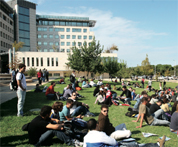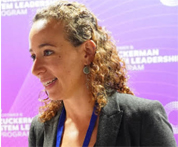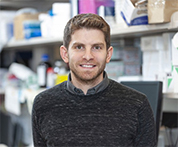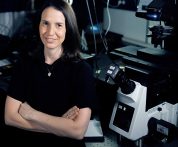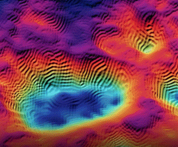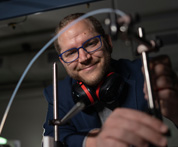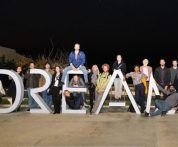Dr. Michal Ramot is a faculty member in the Department of Neurobiology at the Weizmann Institute. She completed a postdoc at the National Institutes of Health in Bethesda, Maryland and a PhD at Hebrew University’s Interdisciplinary Centre for Neural Computation.
Dr. Ramot’s research examines the neural mechanisms behind different aspects of cognition. Her main breakthroughs were in showing how spontaneous brain activity contributes to different cognitive skills, mainly visual perception and memory formation. In her training she mastered an impressive set of techniques that is required to do brain research in humans, including electroencephalography (EEG), intracranial recordings (ECog), and functional-magnetic-resonance-imaging (fMRI).
Dr. Ramot also developed a novel covert neurofeedback technique. With this technique, subjects are positively reinforced, based on their real-time brain activity measured with fMRI, and conditioned towards desired brain activity. This method allows scientists to tune or train brain network configurations directly. Dr. Ramot demonstrated that such covert feedback can induce plasticity in human brain networks. Previously, there was evidence of causality between brain networks and behaviors primarily in animal models; Dr. Ramot’s method offers a means of attaining evidence of this causality in humans, in a non-invasive manner.
Currently, Dr. Ramot is applying her method and others to explore how different large-scale neural networks in the human brain, which integrate various cognitive domains, give rise to particular behaviors.
In the long term, Dr. Ramot hopes to develop the field of neurofeedback in the direction of clinical application. Her work could help clinicians to verify the causes of aberrant networks, and even to provide methods for rewiring brain networks to modulate neurological and psychiatric conditions and potentially enhance brain functions such as memory, learning, and perception.
 ISRAELI COUNCIL FOR HIGHER EDUCATION
ISRAELI COUNCIL FOR HIGHER EDUCATION MIT-Israel Zuckerman STEM Fund for Faculty Collaboration
MIT-Israel Zuckerman STEM Fund for Faculty Collaboration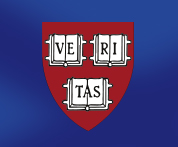 The Zuckerman Travel and Research STEM Fund at Harvard
The Zuckerman Travel and Research STEM Fund at Harvard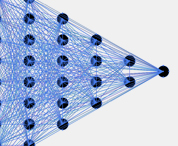 Zuckerman AI Fund at Technion
Zuckerman AI Fund at Technion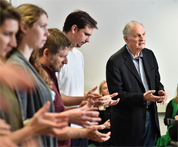 Alan Alda Communicating Science
Alan Alda Communicating Science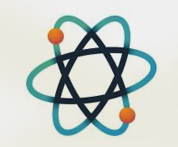 Zuckerman Institute – ScienceAbroad
Zuckerman Institute – ScienceAbroad Zuckerman Institute – America-Israel Friendship League partnership
Zuckerman Institute – America-Israel Friendship League partnership



